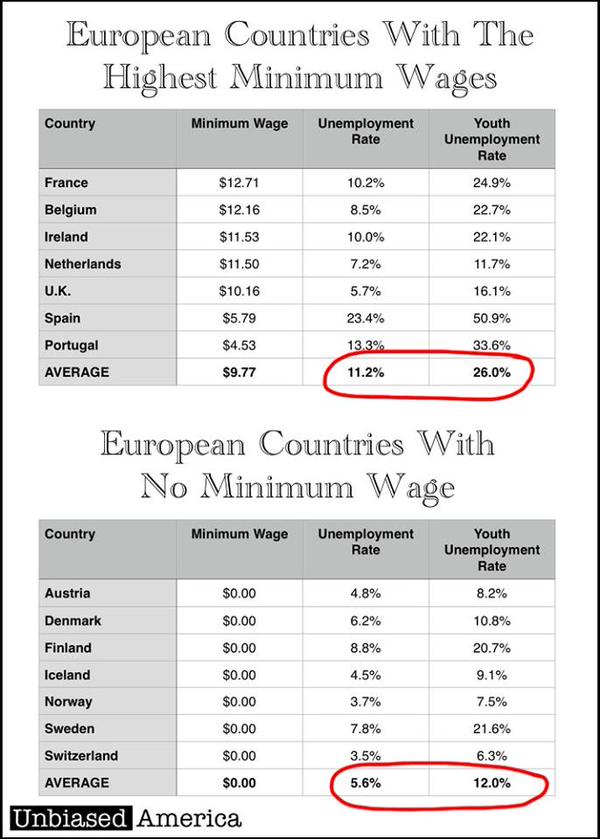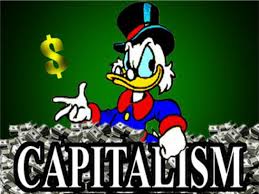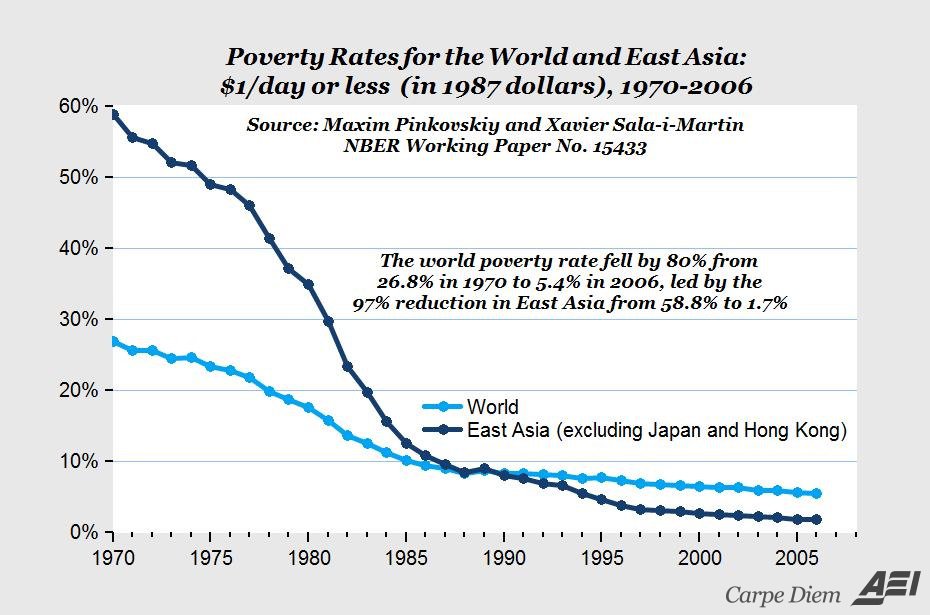Going through some old material on wage gaps between men and women when I came across this article from The Atlantic:
Though headway has been made in bringing women’s wages more in line with men’s in the past several decades, that convergence seems to have stalled in more recent years. To help determine why, Francine D. Blau and Lawrence M. Kahn, the authors of a new study from the National Bureau of Economic Research parse data on wages and occupations from 1980 to 2010. They find that as more women attended and graduated college and headed into the working world, education and professional experience levels stopped playing a significant role in the the difference between men and women’s wages. Whatever remains of the discrepancy can’t be explained by women not having basic skills and credentials. So what does explain it?
Simple, but huge. Try telling a liberal that women make less for reasons other than sexism and watch the reaction. And yet, right here in The Atlantic we have progress. People are willing to admit that there might be other reasons behind a difference in pay.
The largest factor in the persistent wage gap is the dearth of women in specific jobs and industries, the researchers found. That means that narrowing the wage gap further requires making high-paying, male-dominated industries like STEM fields and tech companies more enticing and welcoming to women. And even before that, encouraging women and girls to take advantage of opportunities to explore and learn about fields like coding and science that remain male-dominated at both the professional and college level.
The proof in this can be seen by simply looking up ‘work place mortality’. There you will see a dramatic difference in the sexes. While not explaining the gap in pay – it does show a difference, a significant difference, between the jobs that men and women take and work.
The study also points to … wait for it … culture, which continues to favor men’s participation in the workforce and women’s participation on the home front. “Current research continues to find evidence of a motherhood penalty for women and of a marriage premium for men,” the report finds. “The greater tendency of men to determine the geographic location of the family continues to be a factor even among highly educated couples.”
Again, absolutely true – and NOT a sign of sexism.
When marriage and kids come around, more women tend to want to stay closer to home and family while men want [are forced] to work and provide. While I would never say that being a stay at home mom is easy, it surely ranks VERY high on the ‘best job in the world’ scale. Highly rewarding to say the least.
And your humble corespondent happens to be married to a more capable human than he. My wife is a far superior corporate warrior than Ii am, and has been rewarded accordingly, But she has turned down multiple opportunities because the trade off isn’t worth it to her. The sacrifice to family would be too high.
However, had I ever been offered as such – I am sure she would have supported me in my new role.
Why the Left can’t just nod and pass the beer nuts here is perplexing. And their insistence on forcing culture to shift to accommodate a condition that no one is fighting is even more perplexing.
But – War on Women and all.











